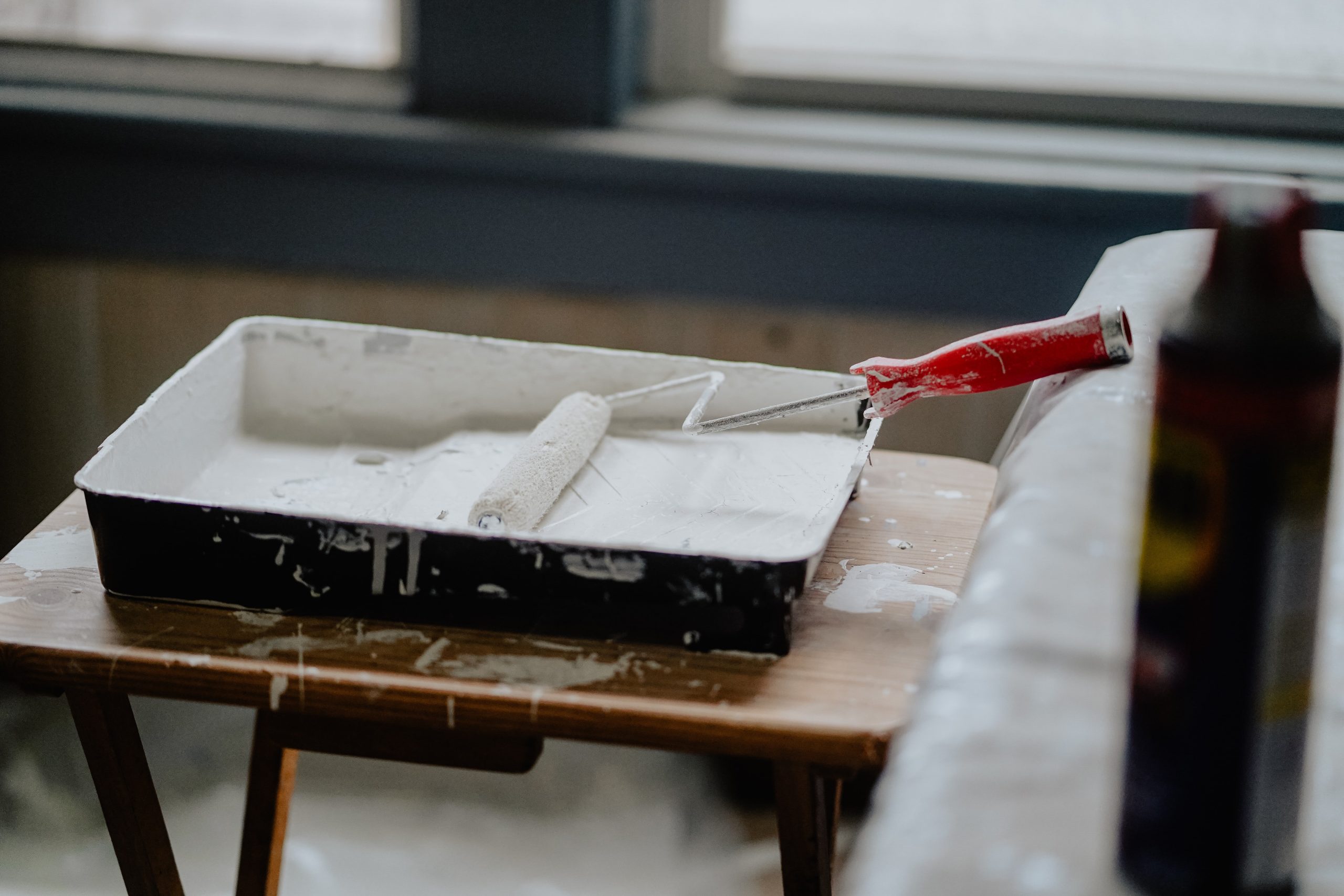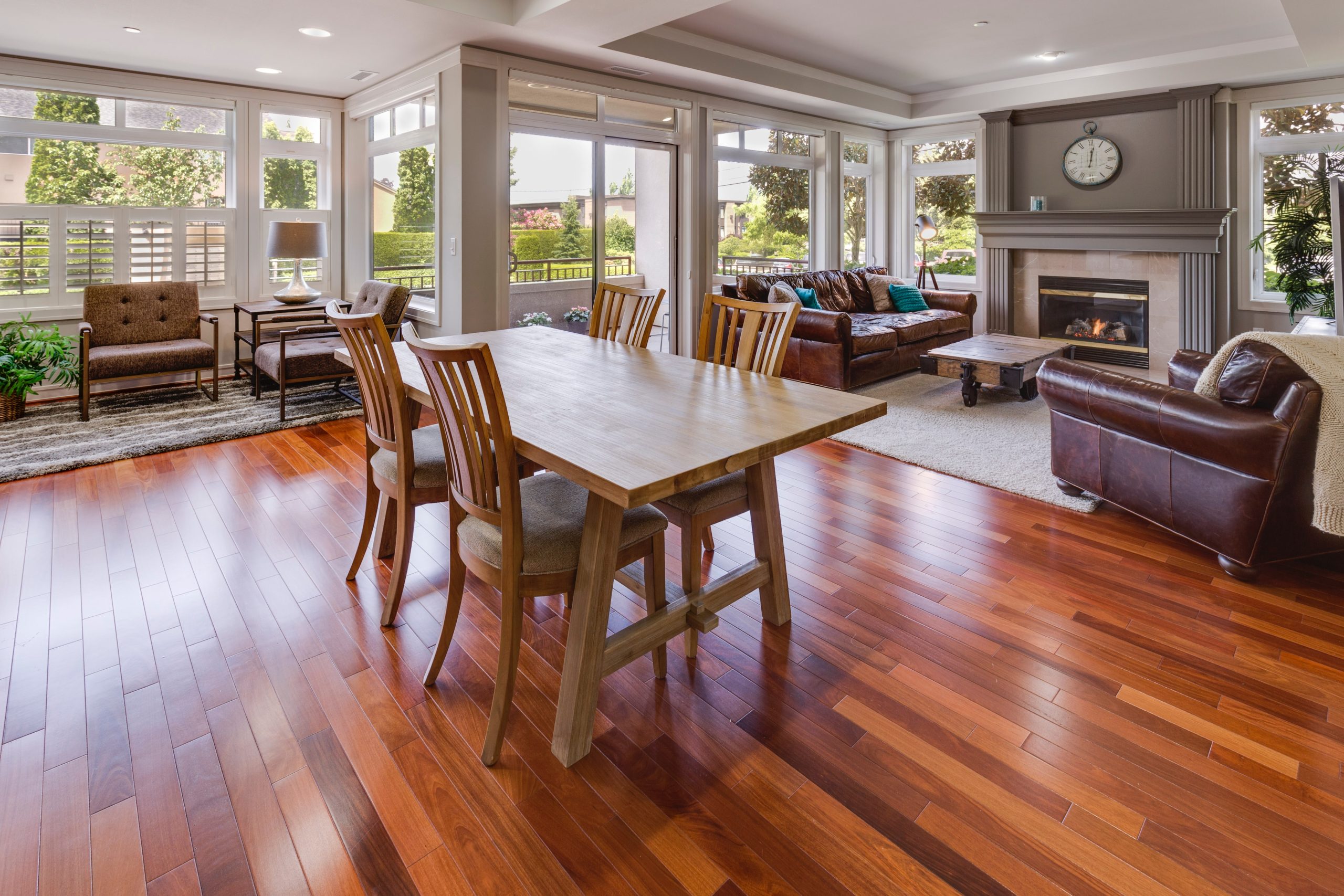Introduction
Welcome to the ultimate guide on renovating your home while keeping an eye on your budget and increasing its resale value. If you’re a homeowner looking to spruce up your living space without breaking the bank, you’ve come to the right place! Renovations can be costly, but with careful planning and smart choices, you can transform your home into a dreamy oasis that not only looks great but also adds value. Whether you intend to sell or are simply looking for ways to make your living environment more comfortable, this comprehensive guide covers everything from choosing the right projects and materials to incorporating trendy design elements that will stand the test of time. Ready? Let’s dive in!
Planning Your Home Renovation
When it comes to home renovations, the sky’s the limit in terms of cost. However, if you’re working with a limited budget, there are still plenty of ways to give your home a facelift. With a little planning and creativity, you can renovate your home on a budget and even boost its resale value.
Here are a few tips for planning your home renovation on a budget:
1. Set a realistic budget. Before you start any renovations, it’s important to set a realistic budget. Determine how much you can afford to spend on the project and stick to that number as closely as possible.
2. Prioritize your projects. Once you have a budget in mind, start prioritizing your renovation projects. What are the most important changes you want to make to your home? Focus on those projects first and save the less essential changes for later.
3. Get multiple quotes. If you’re hiring contractors for any part of your renovation, be sure to get multiple quotes before making any decisions. This will help you ensure that you’re getting the best possible price for the work being done.
4. Do some work yourself. If you’re handy with tools, there are likely several aspects of your renovation that you can do yourself in order to save money. Even if you’re not an expert, tackling some of the simpler tasks can help keep costs
Getting the Most Out of Your Budget
When it comes to renovating your home on a budget, there are a few things you can do to get the most out of your money. First, be realistic about what you can afford. Don’t over-extend yourself financially just to make some cosmetic changes. Second, think about what improvements will add the most value to your home. If you’re planning on selling in the near future, focus on renovations that will make your home more appealing to buyers. Finally, be willing to compromise. You may not be able to get everything you want, but if you’re willing to make some sacrifices, you can still end up with a beautiful and functional home that fits your budget.
Resale Value: What to Keep in Mind
When you’re planning a home renovation, it’s important to keep resale value in mind. After all, you may not be planning on selling your home anytime soon, but it’s always good to think ahead. Here are a few things to keep in mind when renovating your home with resale value in mind:
-Choose timeless materials and finishes. This way, your home will still look fresh and up-to-date years down the road when you do eventually sell.
-Don’t forget curb appeal! First impressions matter, so make sure your home looks great from the street. This can be achieved with simple things like power washing the siding and trimming the lawn.
-Think about what buyers are looking for. What are the must-haves on their list? It’s important to focus on the features that will really appeal to buyers and add value to your home.
Common Home Renovation Projects and Their Costs
There are a number of common home renovation projects that can boost your home’s resale value without breaking the bank. Here are a few of the most popular projects and their estimated costs:
1. Kitchen renovations: A minor kitchen remodel can cost as little as $5,000, while a major kitchen overhaul can run upwards of $30,000.
2. Bathroom renovations: Like kitchens, bathroom remodels can range from minor updates to complete gut jobs. The cost will depend on the scope of work, but expect to spend at least a few thousand dollars on even the most basic bathroom remodel.
3. Flooring: Replacing worn-out or damaged flooring is a great way to give your home an updated look. Expect to spend around $3,000-$5,000 on new flooring for an average-sized home.
4. Painting: A fresh coat of paint is one of the quickest and most affordable ways to give your home a facelift. Depending on the size of your home and the amount of prep work needed, painting costs can range from a few hundred dollars to a couple thousand.
5. Windows: Replacing old windows with energy-efficient models is a great way to save money on your energy bills and make your home more attractive to buyers. Expect to spend around $1,500-$3,000 per window for replacement windows.
Do-It-Yourself Vs Hiring a Contractor
When it comes to renovating your home, you have two main options: do-it-yourself or hire a contractor. There are pros and cons to both, so it’s important to weigh your options carefully before making a decision.
Do-It-Yourself Pros
1. You’ll save money. The most obvious pro of doing your own renovations is that you’ll save money on labor costs.
2. You can do it at your own pace. When you DIY, you can take your time and complete the project at your own pace. This is especially helpful if you have a limited budget and can only afford to work on the renovation a little at a time.
3. You’ll have more control over the outcome. When you’re in charge of the project, you get to make all the decisions about materials, design, etc. This can be both a pro and a con (see below), but overall it gives you more control over the final result.
Do-It-Yourself Cons
1. It will take longer. Unless you’re a professional contractor, chances are good that it will take you longer to complete the project than it would someone who does this for a living. That means it will likely cost you more in terms of time and effort (which could be better spent elsewhere).
2. You may not end up with the results you want
Saving Money on Materials
When it comes to home renovation, one of the best ways to save money is to be mindful of the materials you use. Reusing and repurposing materials is a great way to stay on budget, and it can also add an interesting element to your space. If you’re renovating on a tight budget, here are a few ways to save money on materials:
-Reuse existing materials: This is a great option if you’re doing a minor renovation or simply want to refresh your space. See if there are any existing materials that you can reuse in your new design. For example, if you’re replacing your kitchen countertops, see if you can use the old countertops as shelves in your pantry or as a backsplash in your bathroom.
-Repurpose thrift store finds: A little bit of creativity can go a long way when you’re trying to save money on materials. Check out local thrift stores for interesting pieces that can be repurposed into something new. For example, an old dresser could be turned into a bathroom vanity or an antique table could be used as a kitchen island.
-Get creative with DIY: If you’re handy, there are plenty of DIY options for saving money on materials. Consider refinishing existing furniture instead of buying new, or installing your own flooring or tile work. With a little elbow grease and some imagination, you can save big by going the DIY route.
Advice from the Experts
When it comes to home renovations, there are a lot of things to consider – from the budget to the timeline to the impact on your home’s resale value. With so much to think about, it’s no wonder that many homeowners feel overwhelmed at the thought of renovating their homes.
Fortunately, there are experts out there who can offer advice and guidance on renovating your home on a budget and boosting its resale value. Here are some tips from the experts:
1. Plan ahead and set a budget. One of the most important things you can do when renovating your home is to plan ahead and set a budget. This will help you stay on track and avoid overspending.
2. Focus on high-impact projects. When it comes to bang for your buck, focus on high-impact projects that will make a big difference in your home’s appearance. These include painting, installing new flooring, or updating fixtures and hardware.
3. Don’t forget about curb appeal. First impressions matter, so don’t forget about curb appeal when planning your renovation project. Small updates like fresh paint or new landscaping can go a long way in boosting your home’s overall value.
4. Keep an eye on trends. Pay attention to current design trends when planning your renovation project. While you don’t want to go too crazy with trendy features, incorporating some current style
Conclusion
Renovating your home on a budget can be a daunting task, but with the right knowledge and planning it is possible. We hope that our ultimate guide has helped you understand what projects are likely to boost your home’s resale value while also staying within your budget. If done correctly, anyone can create their dream home without breaking the bank!










